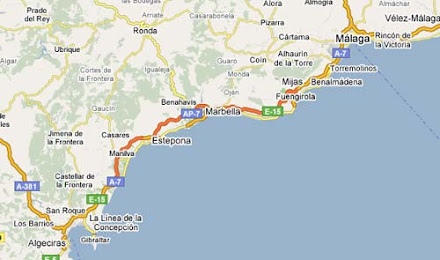This is your brain. This is your brain on Facebook, Twitter, or Match.com. A recent Chinese study found that the brains of people addicted to the Internet may see similar changes to the brains of those addicted to alcohol or drugs. Yahoo News reported that brain scans were conducted of 35 men and women aged between 14 and 21, and 17 of them were identified with Internet addiction disorder. Brain scans of those classified as addicted showed disruptions in the part of the brain that contains nerve fibers, and changes in the brain areas that are used in emotions, decision-making, and self-control. Some of the questions people needed to ask themselves to determine whether they were addicted were, according to the BBC: Do you feel the need to use the Internet with increasing amounts of time in order to achieve satisfaction? Do you use the Internet as an escape from feelings of helplessness, guilt, anxiety and depression? Have you put a relationship, job, or career opportunity at risk because of the Internet? Have you lied to people to hide the amount of time you spend on the Internet? According to safetyweb.com, an Internet monitoring service for parents, teenagers and young adults are the age groups that are more likely to be addicted to the Internet, and they are more likely to neglect work or school than older addicted adults. The Executive director of an Internet addiction recovery center known as restart says overexposure to the Internet can cause these symptoms in anyone’s brain. Hilarie Cash said to technewsworld.com, "We do a combination of psychotherapy and helping these people figure out the skills they need to function in the world. The road to recovery could include plenty of hiking and backpacking to get them both physically fit and reconnected to the world."
You Might Also Like :














0 comments:
Post a Comment